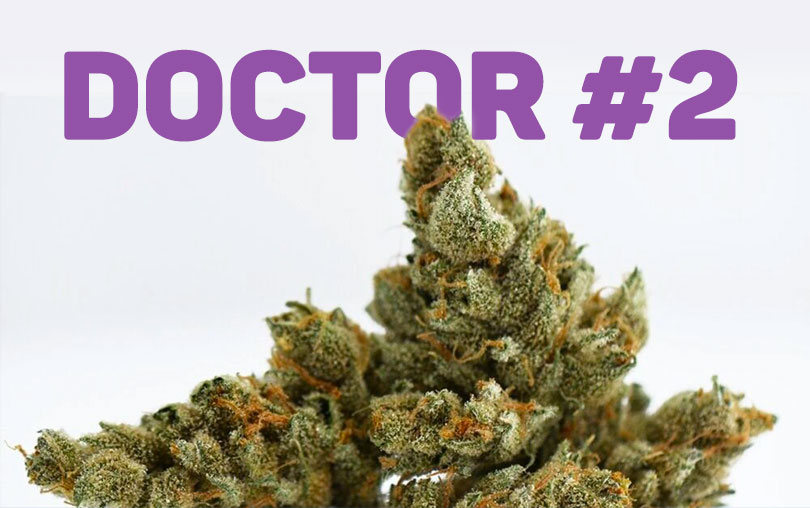Every prime product is crafted to the highest standards and backed by science to address the spectrum of unique needs of Pennsylvania patients. Our Qualifying Conditions Series continues to examine the 23 qualifying conditions in the Pennsylvania Medical Marijuana Program and share how medical marijuana may benefit patients living with one or more of these conditions.
Crohn’s Disease is a gastrointestinal condition affecting an estimated 3 million Americans through a wide range of symptoms, which may evade conventional treatments. While there is no cure-all for irritable bowel conditions, medical marijuana may potentially ease the road for patients navigating life with this disease.
Qualifying Condition: Crohn’s Disease
“Crohn’s disease is an inflammatory bowel disease (IBD) that causes chronic inflammation in the gastrointestinal (GI) tract.”
About this qualifying condition:
A form of IBD, Crohn’s is a disease where parts of the digestive tract – particularly the intestines – become inflamed. Individuals living with Crohn’s disease may experience pain, nausea, fatigue, and irregular bowel movements.
A combination of genetic and environmental factors, such as exposure to certain viruses, may spur a patient’s development of this bowel disease. Patients usually exhibit symptoms from an early age, with the potential for recurring and even progressive symptoms throughout their lifetime.
History:
Western medical documents cite observations of what is believed to have been Crohn’s disease as early as the 1700’s. The disease was first formally described in 1932, by its namesake Dr. Bernard Crohn of Mount Sinai University. At the time, Crohn’s disease was treated almost exclusively through surgical intervention to address the most severe complications, such as intestinal ulcers and blockages.
Since its naming, treatment methods for the condition have evolved to focus on more proactive approaches, such as steroids to manage inflammation, antibodies to target the immune response, and dietary changes to avoid potential triggers.
Medical Literature:
Treatment for Crohn’s disease focuses largely on preventing complications like bowel obstruction and infection, but neglects to address the potentially debilitating pain and nausea that patients may experience in their daily lives.
Studies have shown that THC, the psychoactive component in medical marijuana, may potentially aid in stimulating appetite for patients who experience nausea and weight loss as a result of intestinal distress. A 2019 study of 615 individuals living with Crohn’s disease discovered that patients who used medical marijuana were significantly less likely to develop complications such as abscesses or require surgery.
Cannabinoids:
Although the legal status of marijuana across the world has limited research, Dr. Ethan Russo has conducted landmark studies that suggest THC may have the potential to modify how the colon processes waste. This means the psychoactive cannabinoid may potentially reduce occurrences of diarrhea for patients living with irritable bowel conditions.
CBD, a non psychoactive compound that does not produce a high among users, has demonstrated potential anti-inflammatory effects by signaling to CB1 receptors. While few studies have been conducted to research Crohn’s disease and medical marijuana in humans, scientists have found that activating the CB1 receptors of mice with colitis protected their colons during inflammatory episodes.
Every product produced by our expert cultivation team has an extensive list of cannabinoids, which contribute to the potential effects users may feel from our high- quality medicine. Check the label on your medical marijuana packaging to learn about the specific levels of cannabinoids and terpenes in each of our prime products.


